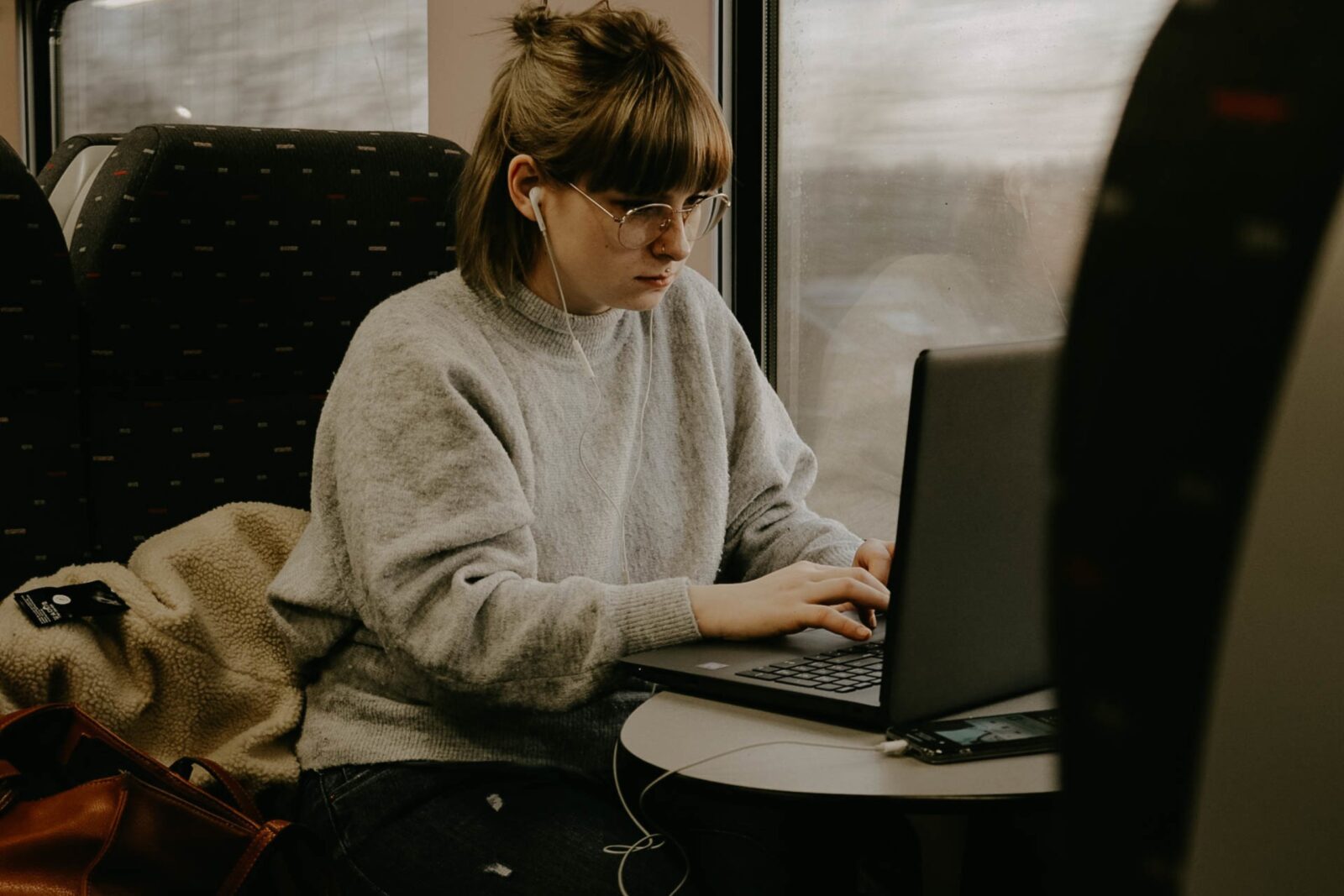Sandstone Care’s Safety Measures
In response of the COVID-19 Pandemic, Sandstone Care has transferred all Intensive Outpatient services to an entirely virtual platform. We value and respect your privacy, and are required by the Health Insurance Portability & Accountability Act (HIPAA) to keep your information safe and secure. In an effort to do this, we use Zoom, a HIPPA compliant video conferencing system.
We have an onsite IT professional who is available to help any of our clients work through issues with joining or participating in our virtual services, and the clinicians leading group are well versed in the technology and systems required to remain confidential and help clients stay safe.
Zoom Bombing
“Zoom Bombing” refers to a new method of internet trolling that has become quite prevalent in light of a huge increase in the number of people utilizing Zoom for work, school, and staying in contact with others during social distancing.
When this occurs, the hacker, or “troll”, interrupts the call by joining and sharing vulgar and inappropriate content. In response to the increase in this behavior, Zoom has increased their security measures and also shared methods of keeping yourself safe.
Protecting Your Privacy While Staying Connected
There are a number of things you can do in order to keep your information private and protected no matter the reason you’re using Zoom. The following are all measures the clinicians and group leaders at Sandstone Care take in order to keep clients and group participants safe.
- Avoid making events and calls public. In order for a client to join a Sandstone Care virtual group, they must be invited to the private event. Anyone outside the call is unable to see the participants, and the group leader must allow each individual participant to join after they enter a password.
- Limit screen sharing to host only. Zoom calls have the option to share your screen with other participants in the call. This is great for sharing visuals in a classroom or meeting setting, but not necessary for all calls. By limiting this capability, you are ensuring that if you host a call, you can control the content that is shared.
- Turn off file transfer. In some Zoom calls, you can transfer digital files to each other. Another way to keep yourself safe is to only allow the host to share files with other participants.
- Diable chat. Chat is disabled so private conversations between two or more participants cannot take place. Private chat can still occur with the host of the call for technology troubleshooting or other concerns.
- Enable a virtual waiting room. This setting means that the host of the call must approve anyone who attempts to enter the call, leaving the host in control of the privacy of all calls.
Sandstone Care’s Virtual Services
Sandstone Care is an essential provider of drug, alcohol and mental health services and we are here for you. We are continuing to provide treatment at our Colorado, Virginia and Maryland locations and understand the concerns that many individuals share related to the spread of the COVID-19 virus and the potential for spread in the treatment community.
To address some of those concerns we are offering a virtual intensive outpatient program, to reduce the number of people in our centers and to provide an essential service clients who need intervention.
Our Virtual IOP program lasts 8-12 weeks with 15 hours of live programming per week. Just like our in-person program, treatment takes place after work and after school, so there is less disruption from school and work. Clients and their family members are able to engage in telehealth sessions with our providers using a computer, tablet, or phone.




